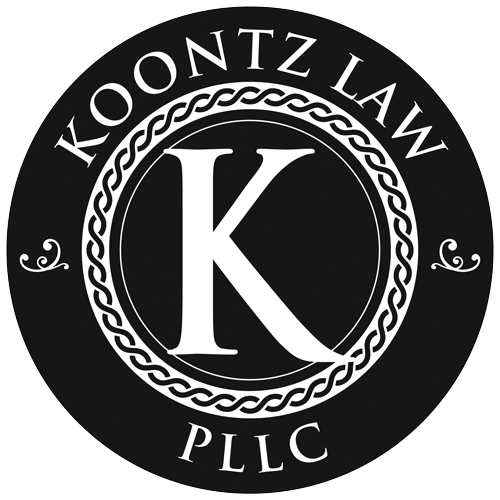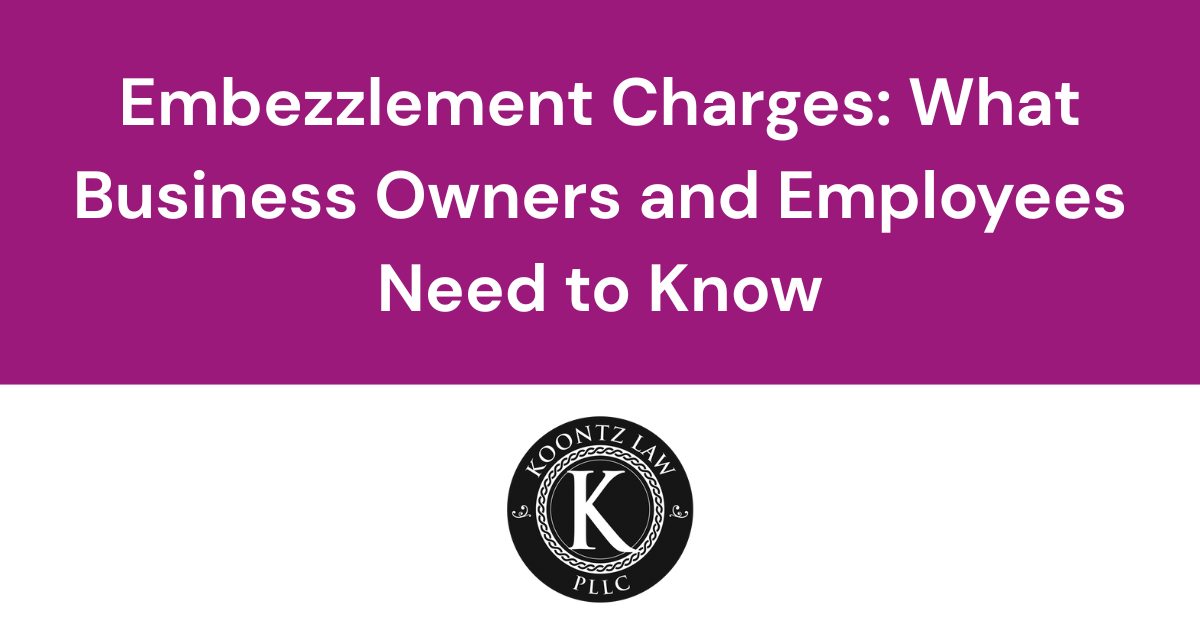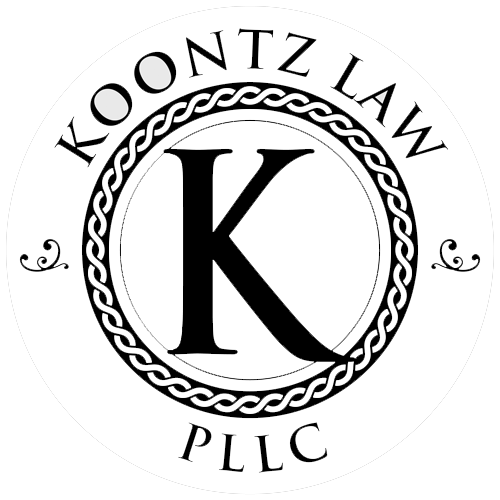Understanding Estate Administration in North Carolina: A Guide for Families
When a loved one passes away, managing their affairs can feel overwhelming. One of the most important responsibilities is estate administration—the legal process of settling an estate, paying debts, and distributing assets to heirs. At Koontz Law, PLLC, located in Mocksville, NC, we help families throughout Davie County and the Piedmont Triad navigate this process with clarity and compassion.
What Is Estate Administration?
Estate administration is the court-supervised process of handling a deceased person’s property, debts, and legal obligations. In North Carolina, this typically involves:
Who Handles Estate Administration?
The person responsible for managing the estate is called a personal representative. If the decedent left a will, the court usually appoints the executor named in that will. If there is no will, the court appoints an administrator (often a close family member).
At Koontz Law, we guide executors and administrators step-by-step so they can fulfill their duties correctly and avoid personal liability.
Common Challenges in North Carolina Estate Administration
Many families are surprised at how complex estate administration can be. Some common issues include:
Our firm helps families handle these challenges efficiently, reducing stress during an already difficult time.
How Long Does the Process Take?
In North Carolina, estate administration usually takes six months to a year, but complex estates can take longer. The timeline depends on:
With proper legal guidance, many estates can be administered smoothly and efficiently.
Why Work with Koontz Law, PLLC?
At Koontz Law, we focus on helping families in Mocksville, Davie County, and the surrounding Piedmont Triad area with compassionate and effective legal representation. Whether you are facing estate administration for the first time or dealing with a complex estate, we provide the knowledge and support you need.
Our services include:
Get Help Today
If you’ve recently lost a loved one and need help with estate administration in North Carolina, don’t try to handle it alone. The process can be confusing and time-sensitive, but you don’t have to face it by yourself.
Call Koontz Law, PLLC at (336) 751-6235
Learn more at koontzlawnc.com
Our team is here to provide guidance, peace of mind, and professional legal support every step of the way.











